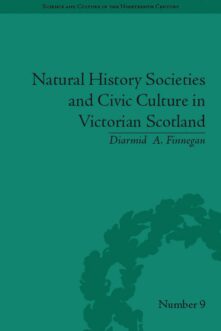Books

The Science of History in Victorian Britain
Making the Past Speak
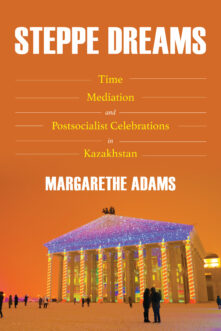
Steppe Dreams
Time, Mediation, and Postsocialist Celebrations in Kazakhstan
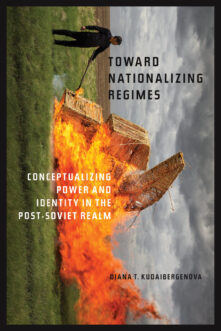
Toward Nationalizing Regimes
Conceptualizing Power and Identity in the Post-Soviet Realm
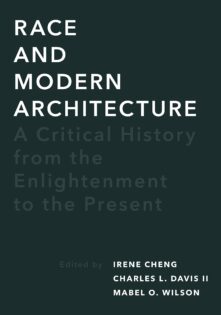
Race and Modern Architecture
A Critical History from the Enlightenment to the Present
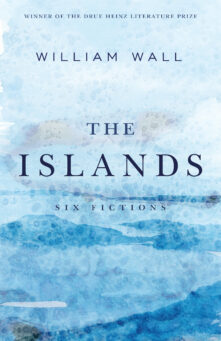
The Islands
Six Fictions
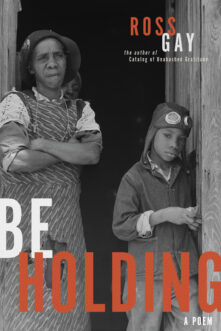
Be Holding
A Poem
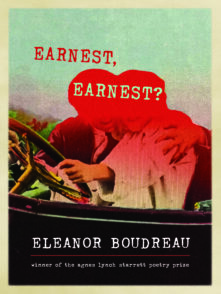
Earnest, Earnest?
Poems
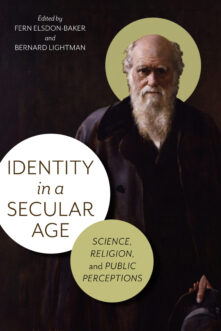
Identity in a Secular Age
Science, Religion, and Public Perceptions

Poland 1945
War and Peace

American Dinosaur Abroad
A Cultural History of Carnegie's Plaster Diplodocus
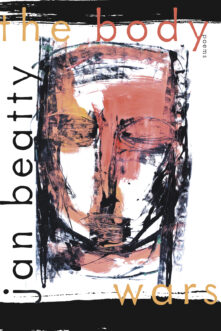
The Body Wars
Poems
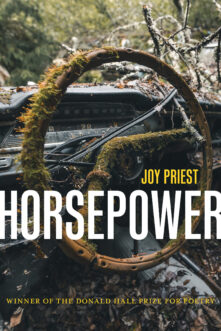
Horsepower
Poems
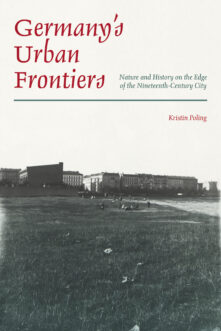
Germany’s Urban Frontiers
Nature and History on the Edge of the Nineteenth-Century City
Total 1559 results found.


